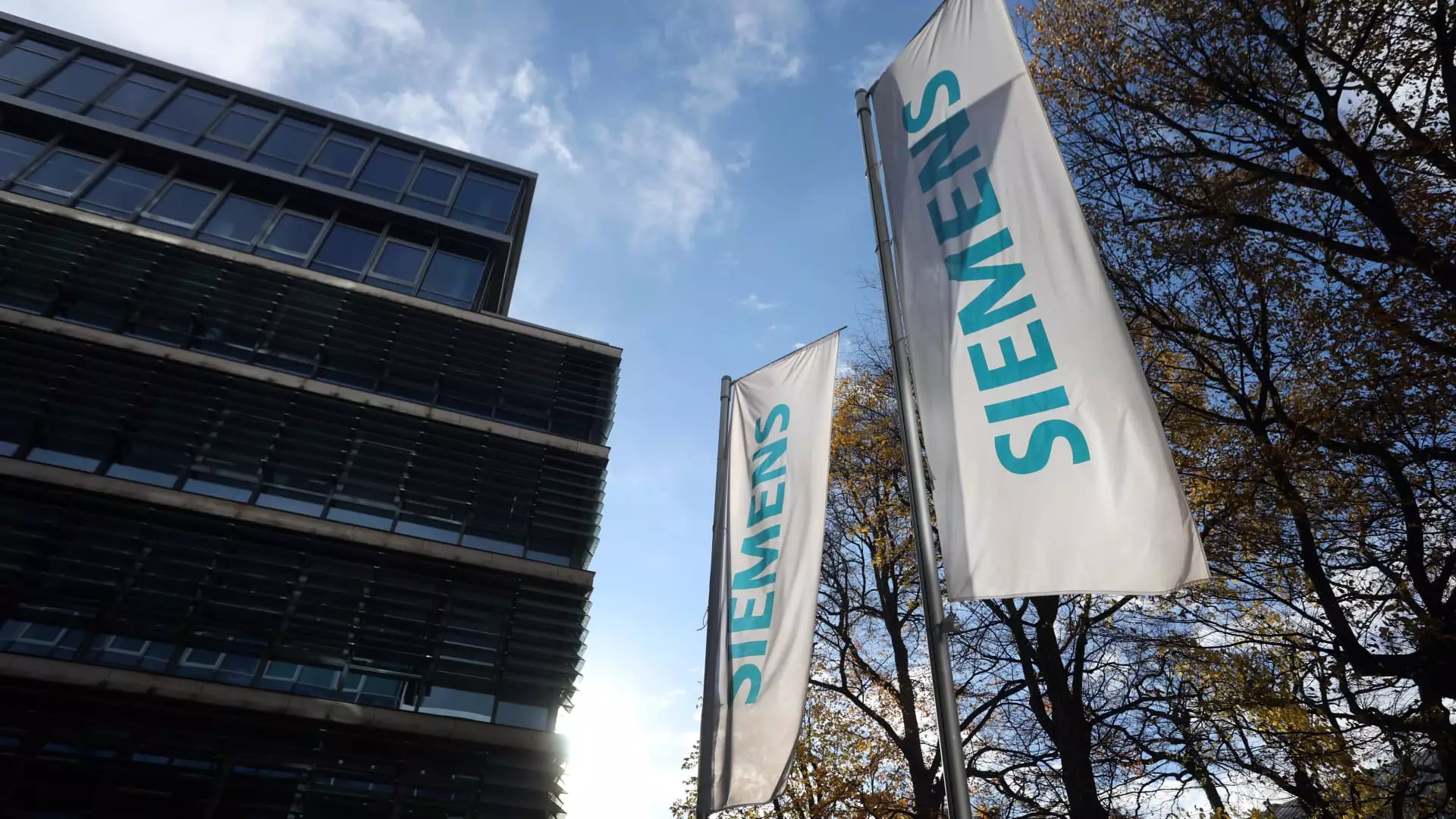Siemens, a leading German technology company, recently announced a decrease in profit for its industrial business during the fiscal second quarter. The company’s industrial profit fell to 2.51 billion euro, a 2% decline compared to the same period last year. This drop was unexpected as analysts had forecasted a higher profit of 2.68 billion euro.
The decrease in industrial profit also had a significant impact on Siemens’ overall performance. The net income for the company dropped to 2.2 billion euro, down by 38% year-on-year. Additionally, sales saw a 1% decrease, amounting to 19.16 billion euro. This decline in financial figures caused concern among investors, leading to a 1.88% decrease in Siemens’ stock value.
One of the major reasons behind Siemens’ profit decline was the slowdown in its automation division. This division, which is a part of the company’s digital industries business, experienced a sharp decline of 20%. Siemens’ CEO, Roland Busch, attributed this decline to decreased demand in the Chinese market and the challenge of reducing excess stock levels.
According to Busch, the lower demand in China can be attributed to weaker private consumption, sluggish exports, and reduced direct investment in the country. Despite these challenges, Busch remains optimistic about the future, stating that there are no structural reasons for the current slowdown. He believes that China will bounce back eventually, leading to a resurgence in demand for Siemens’ products.
Despite the challenges faced in the industrial sector, Siemens remains positive about its future outlook. Busch stated that the company’s growth drivers, which include digitalization and sustainability, are still intact. He emphasized that there has been a significant increase in demand for automation in recent years, leading to higher stock levels. While reducing this excess stock may take time, Busch remains confident in Siemens’ ability to overcome these obstacles and continue its growth trajectory.
Siemens’ recent profit decline highlights the challenges faced by the company in the industrial sector, particularly in its automation division. However, with a strong focus on innovation and growth drivers, Siemens is well-positioned to navigate through these challenges and emerge as a stronger and more resilient company in the future.

Leave a Reply